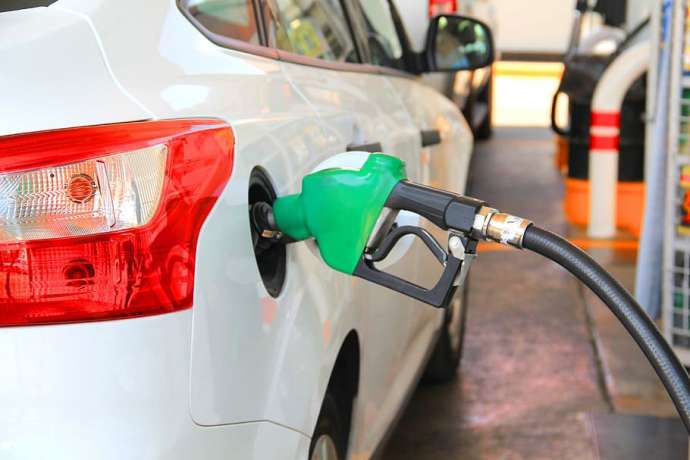STA, 3 May 2022 - Robert Golob, the presumptive prime minister-designate, has criticised the outgoing government's decision not to extend fuel price administration. Golob, who feels smart regulation would be in order in what he feels is presently a malfunctioning market, suspects a cartel agreement might be behind the very similar price increases in Slovenia.
The leader of the Freedom Movement told the press after coalition talks on Tuesday that by no longer capping the fuels prices, the government was in a way taking revenge for not being given another term by the voters. "This comes to show that all the pre-election carrots had strings attached to them."
While finding that smart regulation would now be the right decision to take, he pointed to the incredibly similar price increases among fuel retailers as price administration was lifted on 1 May.
He said his party's lawyers were taking a closer look at what he suspects could have been price fixing. "If this continues, the Freedom Movement will call on the competition watchdog to take action."
Responding to Golob's statements, Slovenia's largest fuel retailer Petrol said that it independently determined its pricing policy and was not coordinating it with other providers.
In the response for the STA, Petrol pointed to the findings of the Competition Protection Agency in its December report on a survey of the retail fuel market.
"It has established that the purchase price has the greatest impact on the retail price ... that prices after deregulation were not the same in all providers," the company said.
Petrol added that the regulator had also found that the system for announcing and changing prices in Slovenia through the goriva.si app enables providers to quickly adjust their prices.
Fuel prices in Slovenia surged on Sunday, with regular petrol going up by about 8% and diesel by more than 20%.
Data reported by petrol stations showed regular petrol cost between EUR 1,617 and EUR 1,619 per litre depending on provider, up to EUR 1,628 along motorways. Until Saturday, it was capped at EUR 1,503.
Diesel is priced at between EUR 1,817 and EUR 1,824 at major providers Petrol and OMV, and even higher at some smaller petrol stations, EUR 1,876, while it cost EUR 1,514 on Saturday.
Prices were capped in mid-March in a bid to mitigate the surging prices of energy on global markets. Last Friday, the government said the measure would not be extended since the markets had stabilised.
The reduced excise duties, which are part of measures to mitigate the impact of the energy price hike on the population and businesses, meanwhile remain in place until 31 July.







